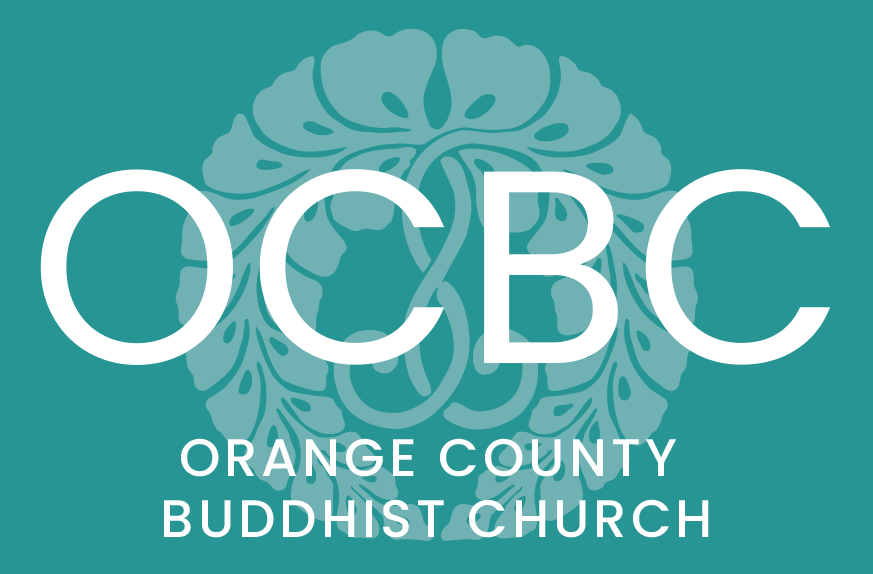Four Will Get You Eight
When I first began to practice Buddhism, I was what scholars call a “Modern Convert Buddhist”. This term is problematic for two reasons. First, I am not any more “modern” than those who have grown up with Buddhism. Second, a Modern Convert Buddhist doesn’t really “convert” to Buddhism. We are not renouncing one set of beliefs for another. Rather, we are merely adopting a new style of living.
Sometime later, I also learned of another term that is often used to describe the type of Buddhism that those new to the tradition often focus on. It is called “Protestant Buddhism”. That is, new Buddhists often bring Protestant sensibilities with them to their practice. This is also called “Concept Matching”. We look for things in Buddhism that are familiar to us given our Protestant background. For example, a preference for doctrine and rules of conduct.
This is to be expected in the beginning and not altogether wrong but over time it can hide some of the aspects of Buddhism that make it unique. For example. I would like to share two versions of the Four Noble Truths and the Eightfold Path. We will start with one that often appeals to newcomers and then examine one that I think better represents the Buddhist perspective.
Protestant Buddhism also leans into a more scientific appreciation of the teachings. One example, is the concept of cause and effect. This is often used as a way of giving Buddhism a more formal presentation. For example, each one of the Four Noble Truths is presented as either a cause or an effect. In the following, we will start with the effect and then the cause and so on.
The first noble truth is the effect:
1. Life is difficult
It is the result of a cause. This cause is the second noble truth:
2. It is due to your desires
The third noble truth is another effect:
3. These desires need to be removed
The fourth noble truth is the cause to make this into a reality.
4. Achieve this via the Eightfold Path
This version is very transactional. It also focuses on the negative aspects of our lives and behavior that need to be removed. It is calculated and based upon will-power. This is presented as a task that must be completed based upon one’s own efforts. In other words, you can pull yourself up by your bootstraps by completing the boot camp that is the Eightfold Path.
But there is another interpretation that I think is more in-line with the Buddhist tradition itself. Rather than focusing on our desires and discipline, it pivots towards delusion and insight. It also replaces the scientific metaphor of cause and effect with a medicinal one of symptoms, diagnosis, prognosis and prescription. During the Buddha’s time, it was medical practices that captured the public’s imagination not science, which wasn’t really a thing yet.
In this approach, we first state the symptoms:
1. My life has an uneasy feeling
Like something is off but you can’t quite put your finger on it. Then the diagnosis is that:
2. We have a seeing or perspective problem
But luckily the prognosis is good, there is a cure.
3. Insight is the solution
Which can be realized if we just follow this prescription:
4. Walk the path everyday
This set of four truths open us up to a new interpretation of the Eightfold Path. Rather than something achieved, it becomes something that is received, as a benefit. After walking the path, listening to the teachings, and saying Namoamidabutsu we inevitably become such a person. One that is naturally more aware of their:
1. Views
2. Thoughts
3. Speech
4. Conduct
5. Livelihood
6. Effort
7. Mindfulness
8. Meditation
So it is through insight that we are transformed. Rather than by removing the bad bits, we are overwhelmed by something much greater than ourselves. We are still who we have always been but now we see everything from a different perspective. We have not become another person but have accepted ourselves and the world around us just as they are.
Namoamidabutsu, Rev Jon Turner


